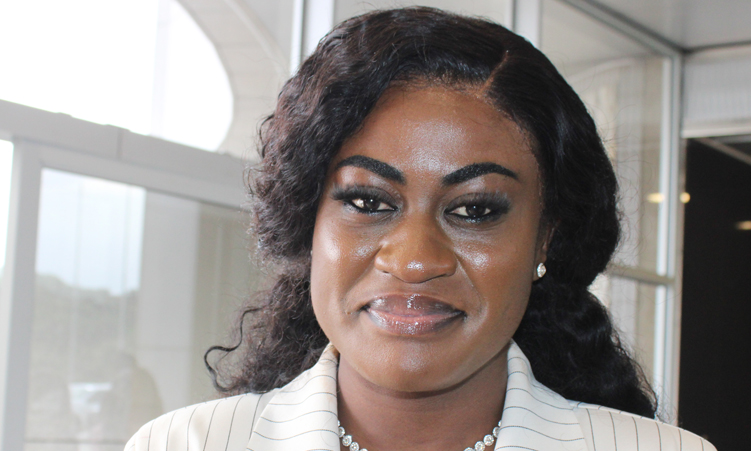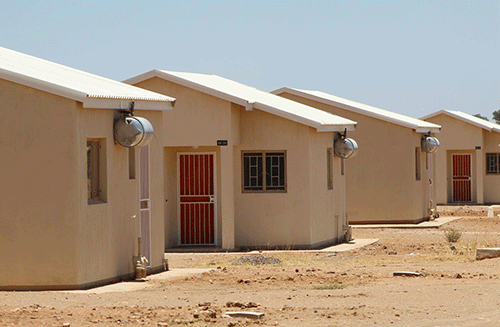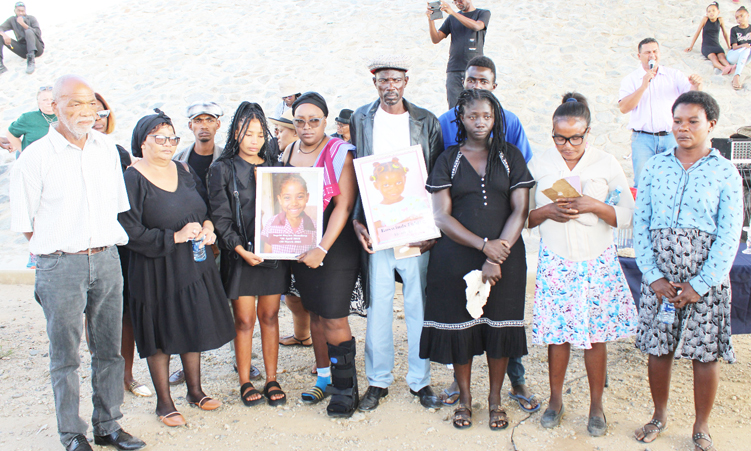SYDNEY – Australia’s central bank Friday remained tight-lipped about a police probe of a banknote company it partly owns, after a report the firm paid millions of dollars in kickbacks in Vietnam.
Australian Federal Police are already investigating the company, Securency, over alleged bribes paid to Nigerian government officials.The latest allegations centre on more than 12 million Australian dollars (US$10,98 million) in commissions reportedly paid to a Vietnamese businessman and his company which could be in breach of federal bribery laws.The central Reserve Bank of Australia (RBA), which has a 50 per cent stake in Securency, said the firm took the allegations seriously and had referred the matter to the Australian Federal Police.’In order to avoid any possibility of compromising the effectiveness of the investigations, Securency and the Bank have refrained from any further comment on these matters, pending the completion of the inquiries,’ the RBA said.The bank’s comments came after The Age newspaper reported that Securency had paid millions in ‘commissions’ to a Vietnamese businessman with links to the communist state’s government.Australian government sources told the paper that foreign affairs personnel ‘had long believed’ the businessman to be a government official and his firm an arm of the Public Security Ministry.Australian law forbids companies from paying foreign officials or government-controlled firms for a business advantage.Richard Broinowski, a former Australian ambassador to Vietnam, said the allegations raise questions about whether the central bank or Australian government agencies knew about the payments.’If the story is true then it would imply knowledge on the part of the RBA, therefore knowledge surely on the part of senior bureaucrats in Canberra too – including the Department of Foreign Affairs and Trade,’ he told the ABC.Broinowski said the case raised parallels with a scandal in which the formerly government-owned Australian Wheat Board paid US$220 million in bribes to the regime of ousted Iraqi leader Saddam Hussein for wheat contracts.Securency, which developed the technology for polymer plastic bank notes now used in 27 countries around the world including Vietnam, made no comment on the latest report.- Nampa-AFP
Stay informed with The Namibian – your source for credible journalism. Get in-depth reporting and opinions for
only N$85 a month. Invest in journalism, invest in democracy –
Subscribe Now!










